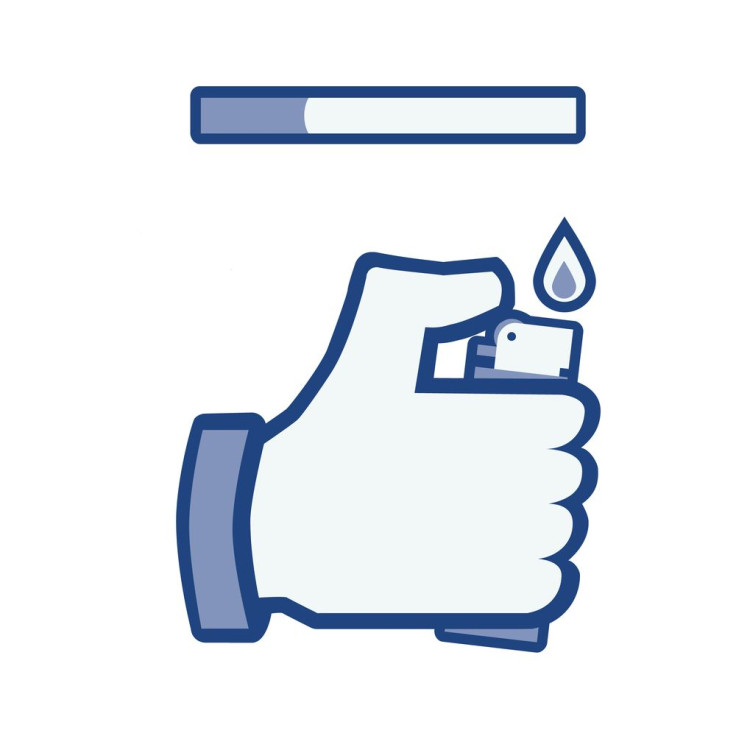Social Media Helps Smokers Quit: Young People Have Easier Time Kicking Nicotine Habit With Social Media

Social media may be chock-full of narcissists, but it can also be used to endorse a healthier lifestyle, depending on how we use it. A recent study conducted at the University of Waterloo has found that young adults who use social media in an effort to quit their nicotine habit are twice as successful as those who use other methods.
"These findings suggest that the creators of public health campaigns need to evaluate how they use social media channels and social networks to improve health, especially with regard to younger demographics," Bruce Baskerville, a senior scientist at the Propel Centre for Population Health Impact at Waterloo, said in a statement.
Baskerville and his colleagues compared the success rate of the social media-based anti-smoking campaign, Break It Off, against the telephone hotline designed to help young adults quit, Smokers’ Helpline. The Canadian Cancer Society started Break It Off back in January 2012, providing users with an interactive website, social media, and smartphone app to encourage smoking cessation.
Among the young adults who used Break It Off to quit smoking, 32 percent were smoke-free after spending three months in the program, compared to 14 percent of those who used Smokers’ Helpline. Young adults between the ages of 19 and 29 not only have the highest smoking rates in Canada, but they also report the lowest use of traditional smoking cessation methods.
"Traditional cessation services can have limited reach, and this reduced visibility lessens their impact in a digital era," Baskerville added. "Because they are such heavy users of social media, these platforms provide an alternative and successful way of reaching smokers who are less likely to relate to other cessation programs."
Facebook, Twitter, and Instagram can be addictive for young people (like actually addictive). So it was only matter of time before health care professionals started using social media to solve some of our society’s glaring health concerns. For example, a similar study published in Trends in Microbiology revealed that transparency on Twitter can lead to significant reduction in HIV transmissions.
Social media could also be instrumental in the struggle against America’s growing obesity epidemic. In her book, The Pinterest Diet: How to Pin Your Way Thin, nutritionist Mitzi Dulan explains how the photo and content-sharing social media website can be used to find healthy recipes, exercise plans, and inspiration from other fitness-obsessed users.
Source: Azagba S, Norman C, McKeown K, Brown S, Baskerville N. Effect of a Digital Social Media Campaign on Young Adult Smoking Cessation. Nicotine & Tobacco Research. 2015.
Published by Medicaldaily.com



























